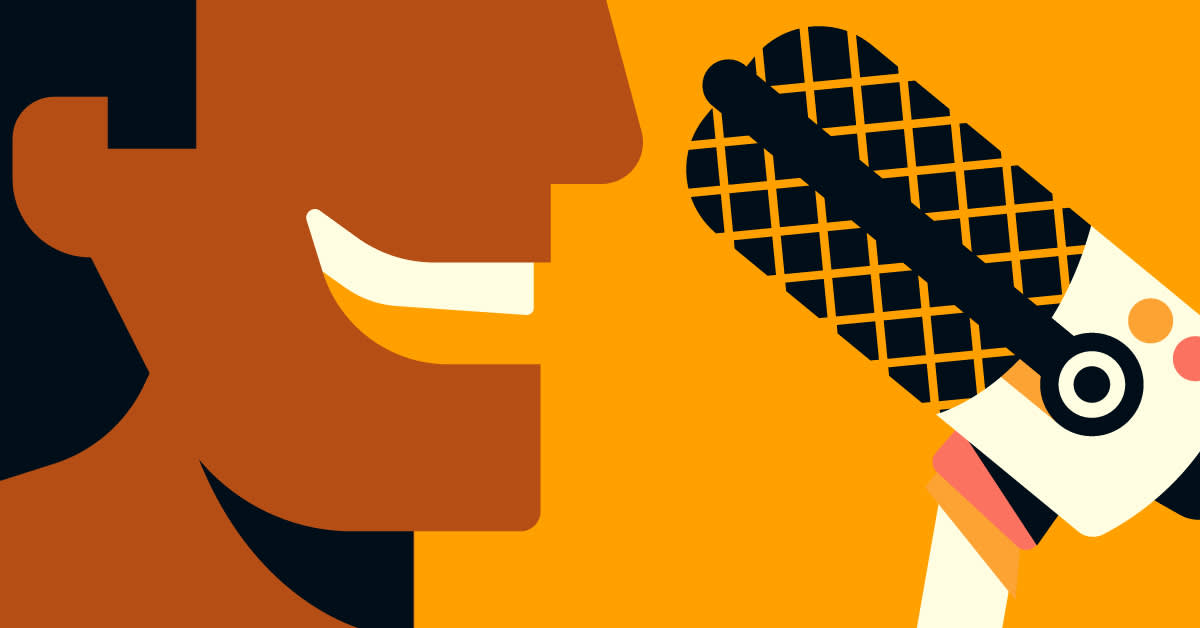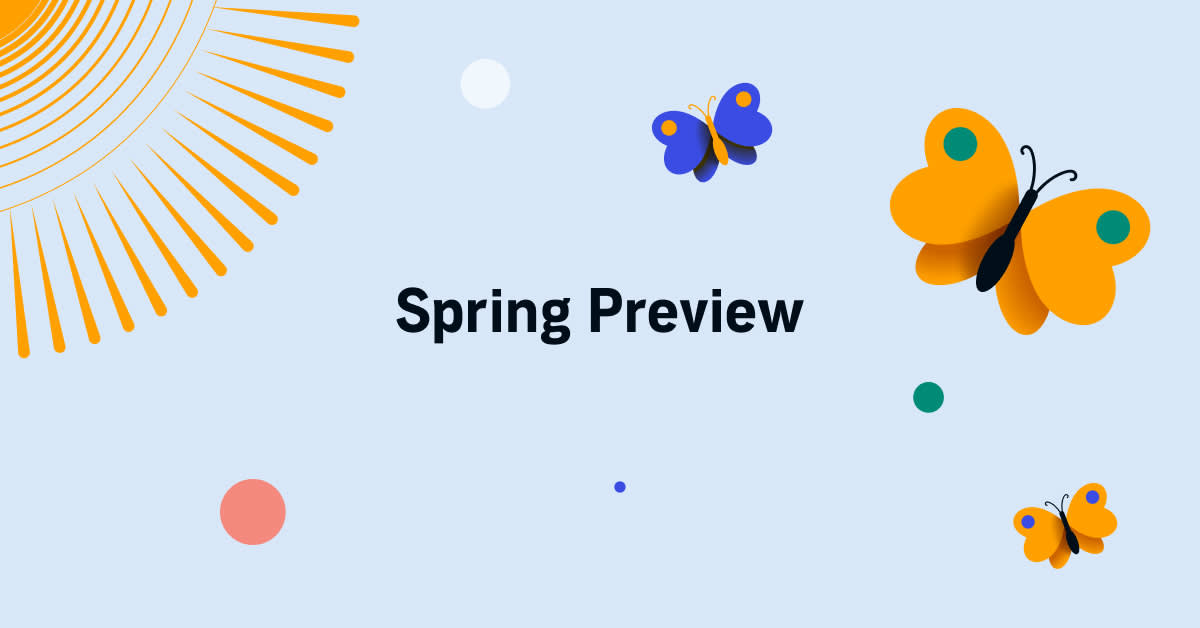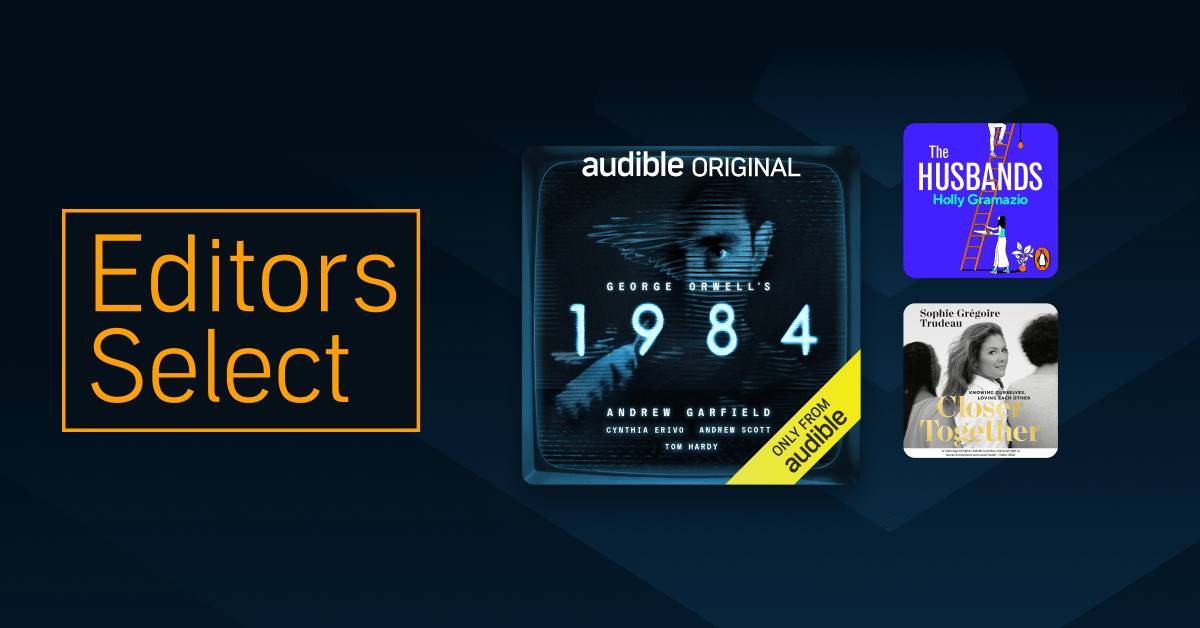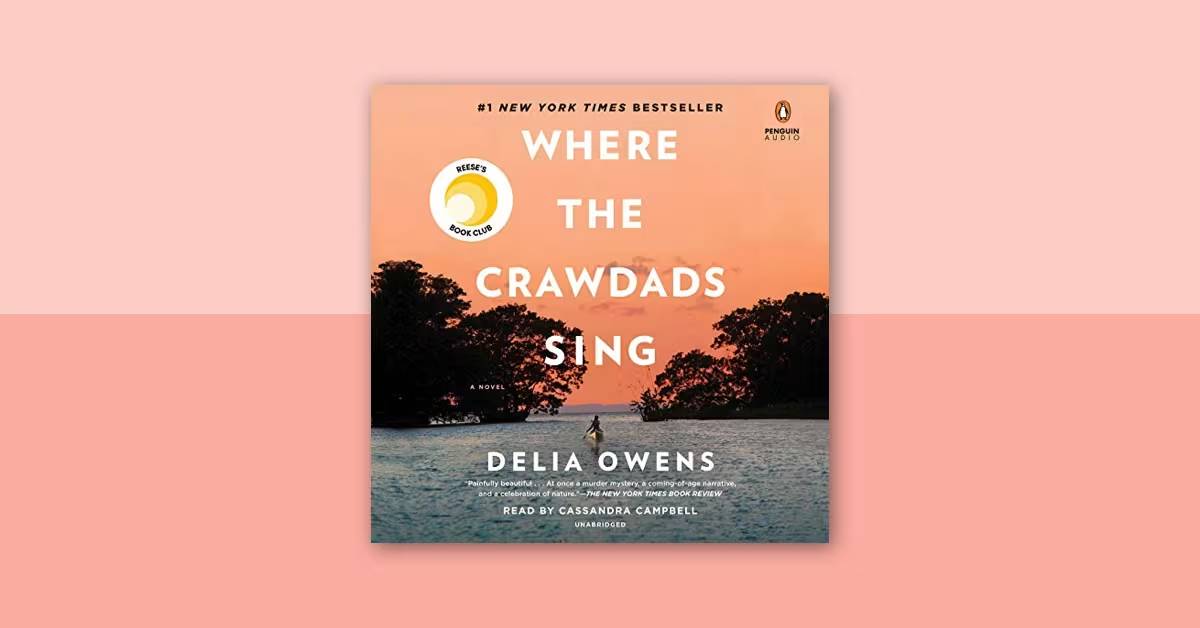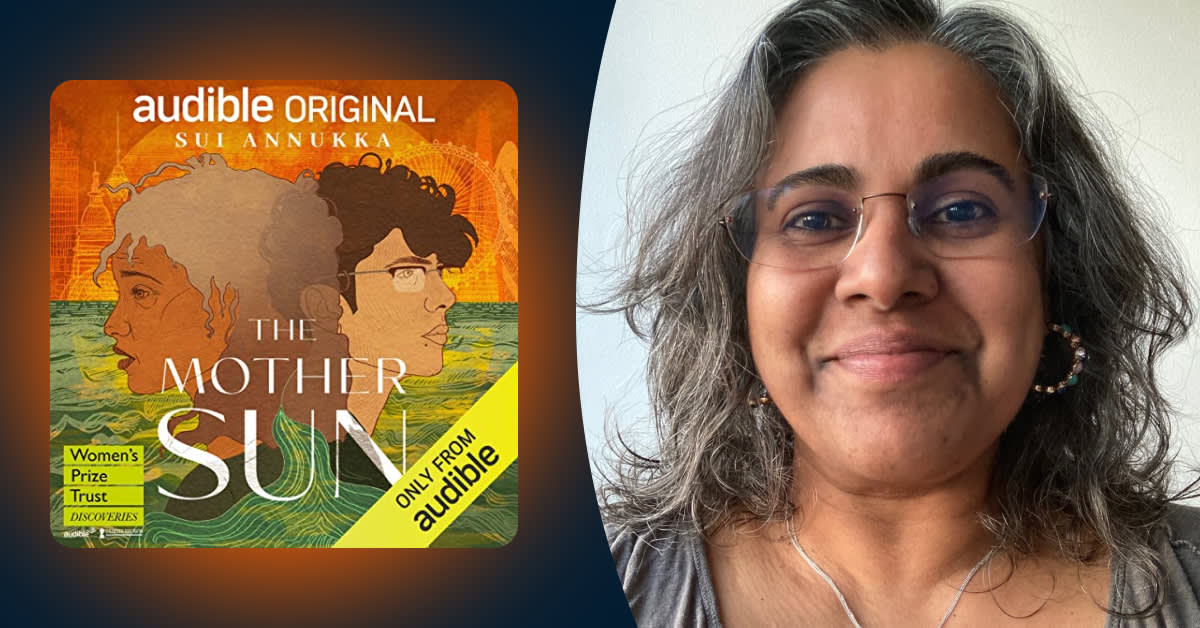Sam Bryant, Audible's Director of Original Content and Comedy Commissioner, spends a lot of time listening to and developing hit comedy podcasts so we asked him if he could pin point what it is that makes a funny podcast a hit comedy podcast.
1. Be really funny.
(Thanks for reading this blog, the end.)
OK, fine, there are a few other elements involved. ‘What is funny?’ is, in fairness, beyond the scope of this blog - and depending on your view of these things, perhaps that of human language (amirite semiology fans), and almost certainly that of human enjoyment (amirite EB White fans*). And there is plenty written on the myriad factors hit podcasts must nail, from format creation, topic selection, marketing, editing, and so on. But there are two elements in the creation of a comedy podcast I’d argue are crucial to creative success: Intimacy and Authenticity. In fact, I reckon these are essential for any podcast – but they take on special importance when working in this genre.
Intimacy
In this context, I mean Intimacy in the sense of communicating with just one person. But also something more than that. The majority of podcast listening is done solo, and, importantly, mostly on headphones. Unlike movies, live comedy, and even TV to some extent, podcast listening is not a social activity - although of course, the shared enjoyment of podcasts can create fantastically close social communities - but a personal one. The best comedy podcasts are written and performed with this in mind.
As with any content, the medium is (or if not is exactly, should at least have some pretty weighty-sounding opinions to chuck around in regards to dictating) the message. A joke written for live stand-up might rely on the specific context of a room-full-of-people’s reaction, and so fall flat when repeated later in conversation; the kind of performance required to command a theatre audience might seem wildly over the top in the context of a single-camera scripted tv show; the character-driven comedic narrative underpinning a full-length romcom might be a hinderance for a twelve-second TikTok. The same is true of podcasting. The comedy has to fit the form.
That doesn’t mean jokes need to be whispered ASMR-style in to an expensive microphone (although…), but rather that the writing, performance and production must work the medium. In Jamali Maddix: Spooky Sh*t, guests relate sometimes very personal spooky stories; immersive sound design transports us, as listeners, in to the narrative… only for Jamali’s cynical interventions to ‘pop’ the sound-made mental bubble. Audio form and comedy content work brilliantly together, creating a laugh that couldn’t be precisely replicated in any other medium, and is all the better for it.
Headphone listening is crucial on another level. A recent study (a phrase which always sets pseudo-science alarm bells ringing, but bear with me) found headphone listening creates parasocial intimacy with podcasters; hearing their voices literally in our head makes us feel far more empathetic and persuadable to the content compared to other forms of media. This has ramifications for politics, advertising – and for comedy. Shared laughter relies on shared understanding, and the best comedy podcasts harness the power of parasocial relationships to foster exactly this. French and Saunders: Titting About draws us effortlessly in to Dawn and Jennifer’s friendship; by using their own shorthands and references, across the series we end up completely absorbed in their vernacular and lives, in tune with their joke micro-culture. Which, yes, is an unnecessarily long-hand way of saying ‘we laugh at their jokes’ – but done right, audio creates a shorthand to the connection needed to make those laughs feel more personal and satisfying; to a shared humour. The parasocial effect can also be deliberately subverted for comic effect. In The Kurupt FM Podkast, the characters often assume the listeners will have no idea what they’re talking about and couldn’t possibly understand either the complexities of UK Garage or any of the subjects they’re tackling (sample question - ‘what is a book?’), creating an extra layer of comedy as they expose their own self-delusion.
Authenticity
Authenticity is a cultural trope of podcasting (sorry, have I checked if this is a safe space for pretention yet? Waayyyyyy too late). The medium’s early days featured a lot of bedroom podcasters, stripped by design or otherwise of the professional production and presenting techniques of radio, and devoured by devotees for exactly the same reason, the warts-and-all recordings, niche references, and oversharing being part of the appeal. You’re listening to something ‘real’. Mainstream podcasting has become far more professionalised since, but the best podcasts have retained authenticity
But authenticity isn’t just a historical quirk of podcasting; its importance is baked in to the listening experience. Stripped of the kind of protective production visuals that can be employed in other mediums, listeners can detect authenticity’s absence a mile off. If someone’s been parachuted in to present on a topic they’re otherwise uninterested in (I know, impossible to imagine…), the kind of headphone-intimacy you get with podcasting delivers an uncomfortable ear splinter.
This is especially vital in comedy podcasts. You need to believe in jokes for them to work. Or rather, you need to believe in the link between the joke and the joke-teller, whether that’s a real person or a character. As podcasting is so unforgiving for affectation, that link needs to be flawless. Devoted Partridge fans have spent more time with Alan over the years than with some of their actual friends (possibly just speaking for myself here tbf) – any character misstep would stick out a mile, and indeed part of the genius of the writing on From The Oasthouse: The Alan Partridge Podcast, is the evolution of the character whilst keeping every Partridge-ism perfectly Partridge. Likewise, Daisy May Cooper (in Educating Daisy) and Mo Gilligan (in Mo Gilligan’s Spotlight) are relentlessly themselves – their lines and content would barely make sense in another comic’s voice, and they are perfect podcasters (and comedians) for exactly that reason.
That’s probably enough with the waffling frog-slaughter, but worth saying comedy remains one of the most popular genre in podcasting – there’s a lot of it about, but there’s a huge appetite for creators who can do it well. And yes, point 1 at the top remains the key, but thinking about intimacy and authenticity can help deepen the listener’s experience, and most importantly, make things funnier.
(* “Humor can be dissected, as a frog can, but the thing dies in the process and the innards are discouraging to any but the purely scientific mind” being, of course, the obligatory quote.)
